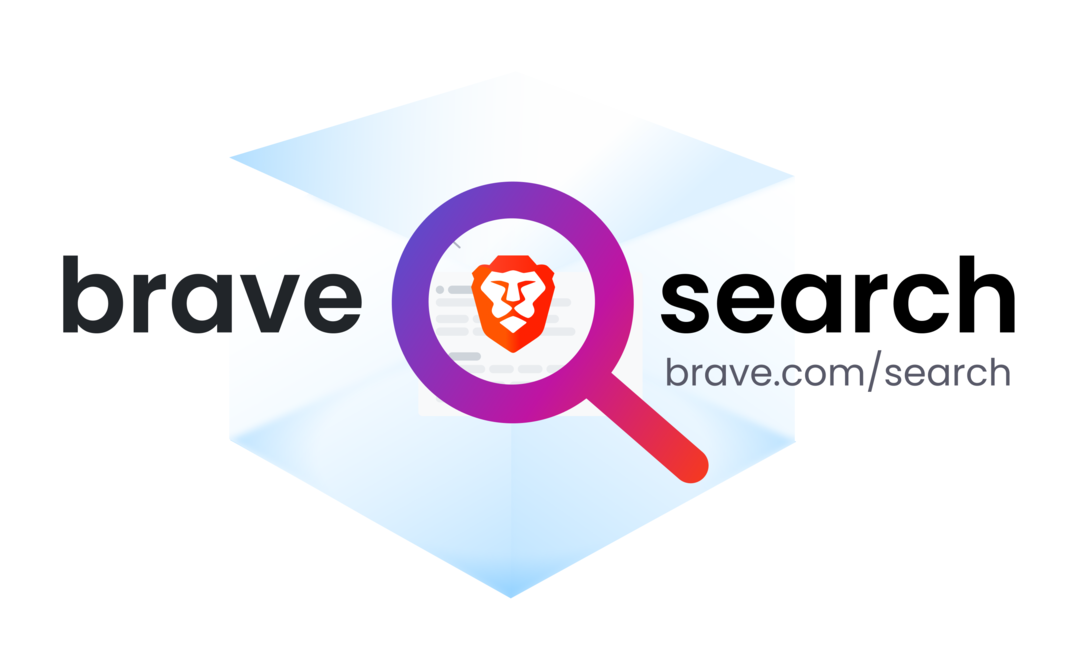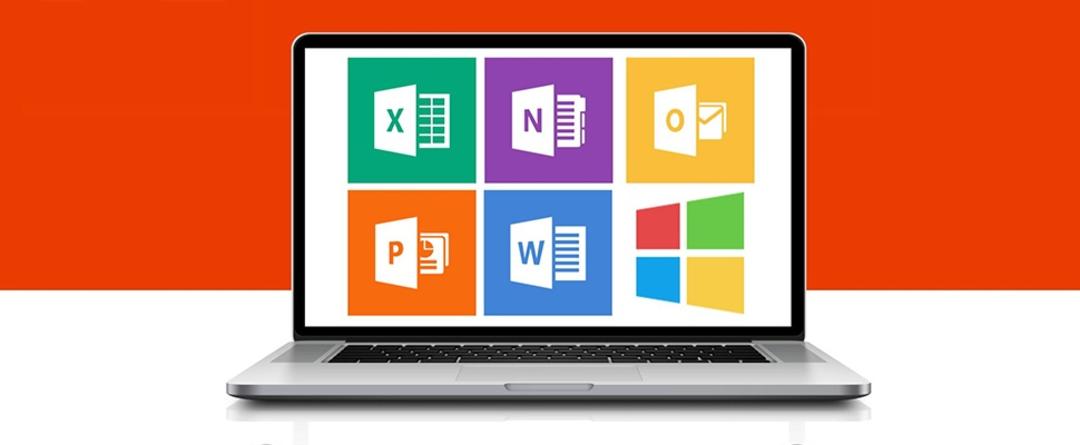You are likely to use Google as a search engine on your computer, smartphone and other devices. Google certainly works well, but it collects a lot of information about your search behavior and shows quite a few ads. Brave Search joins the list of alternative and privacy friendly search engines. We explain how the Google alternative Brave works.
Brave Search is a search engine from the Brave company, known for its browser of the same name. It has forty million monthly users; Not so much when compared to Google Chrome, Safari and Microsoft Edge. Brave’s search engine was released as a public test version in early 2021, and now it’s time to take the free, ad-free and “anti-Google” search engine step-by-step.
If you want to try Brave Search, open your favorite browser on a device like your smartphone or PC. Then type https://search.brave.com in the address bar and the Brave search engine is right in front of you. The search engine works on any device and it doesn’t matter which browser you use. So you don’t have to use the Brave browser.
With this browser, you have the advantage of being able to easily set Brave Search as the default search engine.

Privacy friendly
Building a search engine is extremely difficult because there are countless web pages that need to be indexed and prioritized. Google does this in order and therefore shows the most relevant search results by distance. However, Google also tracks what you search for and click on and uses this information to serve you with more personalized ads.
Brave developed the search engine itself without using any techniques from Google. As a result, Google can’t track what you’re looking for in Brave Search. Brave itself also promises not to track what you’re doing. It’s also nice to know that Brave doesn’t know everything, and it’s neatly stated. Searches that Brave Search knows may show few or no results on its own will still show answers. These come from alternative search engines, including Google and Bing.
Brave says this and other parties want search results in a privacy-friendly way so that they can’t tie the information to your search behavior. However, this function is disabled by default and you have to enable it yourself, learn more about it later.

related results
On the site, enter your search query and press Enter. You will then be greeted with search results. After a week of use, we found that Brave Search showed more relevant websites than we expected. The other two privacy-friendly search engines we normally use, DuckDuckGo and Startpage, perform slightly better.
Google often shows even more useful information, but as noted, this (privacy) is a price. Brave Search is definitely suitable for average searches.
The search engine also deals well with questions, words and sentences asked in Dutch, and – just like in the contest – it displays an information block from Wikipedia or, for example, recipes if it makes sense. It’s nice that you can’t just call all (everything), but also images (Pictures), news (news) and Videos (videos). In addition, All regions specify that you only want search results from a specific country, for example Holland.

The stricter filter is also good at blocking phishing-prone websites
Filter results
By default, Brave Search uses medium search stringency to block annoying websites. via button SafeSearch: Mediumyou can make this filter more strict like this: Tight to choose. This is especially recommended if you have set the search engine to be used by children. This stricter filter is also better at blocking phishing websites. Don’t want to be blocked by a filter? Then select via safe search choice Closed to disable any filtering.
Finally, there is the button anytime. With this you can specify from which period you want to see the search results. By default, this filter is always (anytime). If you want to do a more specific search, you can use this button to specify that you only want yesterday’s search results (the past day), this week (Last week) or for a period of time (custom range) would like to see.

Quick Settings
Of course, Brave Search also has a settings menu. You open this menu via the cogwheel that appears in the upper right corner of the home page of the search page. The menu expands partially to show a handful of quick settings. This way you can set the language; this is of little use to us for now, as Dutch is not yet supported.
You can also specify with a single click whether you want the search results to open in a new tab. The advantage is that the screen with the search query remains open, but the downside is that if you open multiple search results from the search screen, you may get many tabs.
It is also possible to change the theme of the search engine. light for (light) dark (dark). According to many, a dark mode looks nicer, especially in the evening.

more settings
By pressing the button Show more Clicking it will open the full settings screen. At the top you see the free option Anonymous local results, it is enabled by default with us. The search engine then uses your location (via your device’s IP address) to show more relevant results, but without saving or sharing that location. You can disable this option with one click.
Under this option you will find the option Google backup scramble (If you search in Brave Browser). Brave Search does not show any results (anonymous) from Google. If you find the search results disappointing, it may help to enable this option to see if it makes the results more relevant.
It’s finally there Anonymous usage metrics. This option is enabled by default and therefore regularly sends anonymous information to Brave. Brave uses this information to improve its search engine. You can also turn off this data sharing with the touch of a button.

Ad-free
The striking thing about Brave Search is that the search engine does not display any ads. The company says it was a conscious choice. Brave wants to introduce users to the search engine first. Behind the scenes, the company is indeed working on an advertising model – after all, the sun is setting for nothing. Brave says it wants to implement privacy-friendly ads on its ‘future’ search engine.
Competing search engines like DuckDuckGo and Startpage show that this is very possible. For those who want to make sure they can search ad-free afterwards, Brave comes with a paid subscription that hides ads. This subscription costs $3 per month.

Source: Computer Totaal












